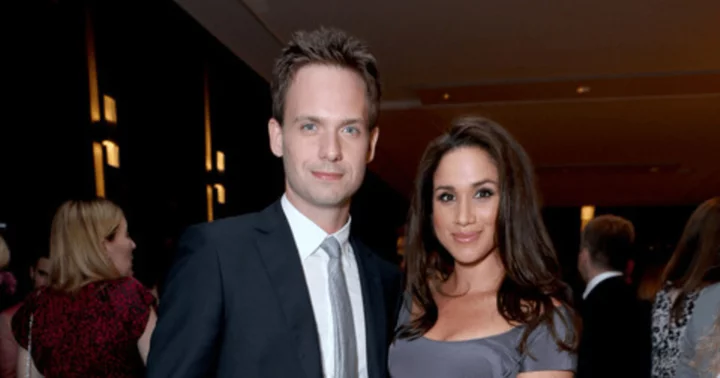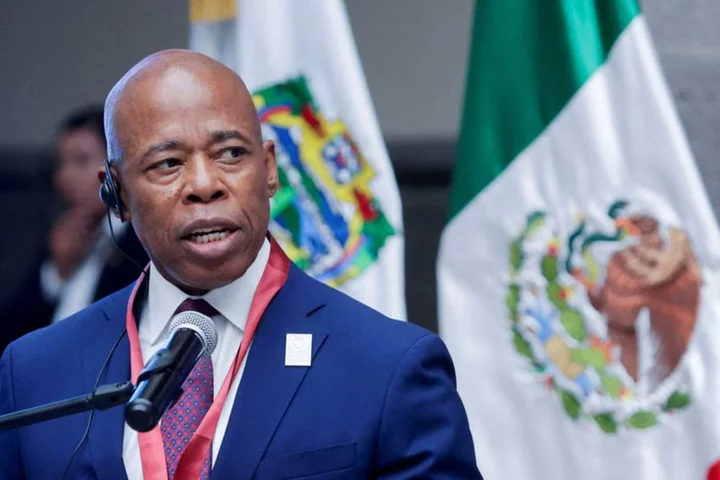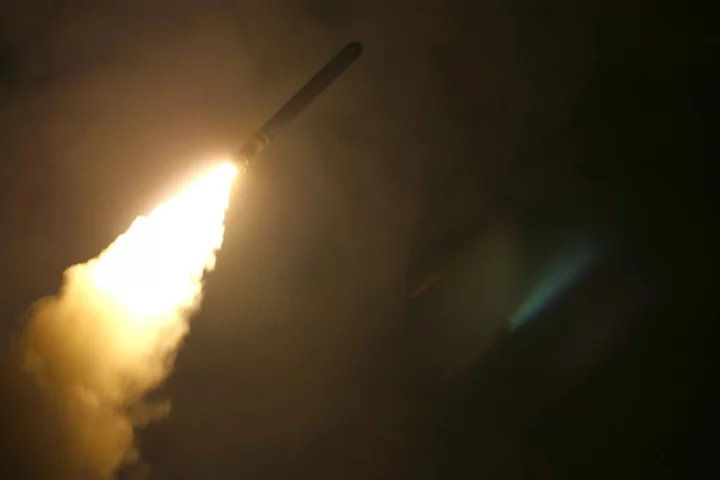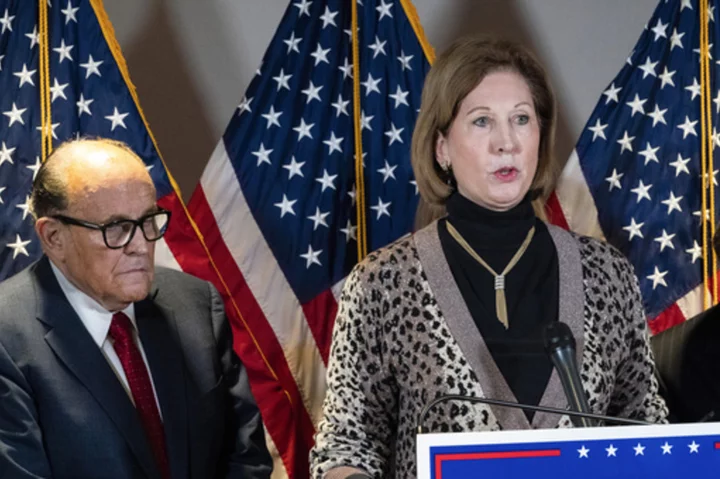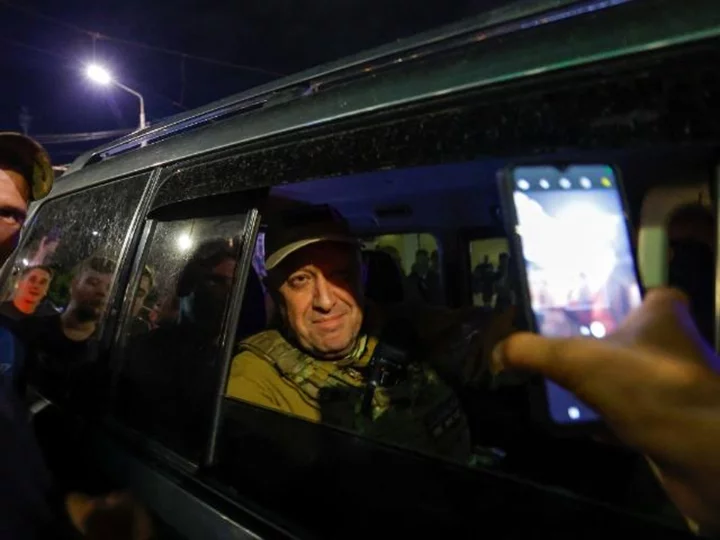Spain went to the polls Sunday in an early general election in which the conservative Popular Party (PP) was tipped to beat Prime Minister Pedro Sanchez's Socialists but likely to need the far-right to govern.
Final opinion polls allowed under Spanish law published on Monday suggest the PP was on track to win the most seats in the 350-seat parliament but fall short of a working parliamentary majority.
That could force the PP to form a coalition with Vox, giving a far-right party a share of power at the national level for the first time since the end of the decades-long dictatorship of General Francisco Franco in 1975.
Anti-immigration and anti-feminist Vox is part of a Europe-wide trend of far-right parties gaining support at the ballot box.
The far-right governs alone in Hungary and in coalition with the centre-right in Italy and Finland.
Polling stations opened at 9:00 am (0700 GMT) and are set to close at 8:00 pm (1800 GMT), with near-final results expected several hours later.
Brauli Munoz, a 53-year-old teacher, said he was hoping the election would result in another coalition government between the Socialists and the far-left.
"I think it is the best option in terms of training for the future of our students," he told AFP after voting in Barcelona.
Sanchez, in office since 2018, appealed for a "historic turnout" to produce a "strong government" after he cast his ballot in Madrid with his wife.
The election is "important not just for us, but also for the world and for Europe," he added.
With the election being held at the height of summer with many Spaniards on holiday, a record 2.47 million registered voters have cast an absentee ballot, according to Spain's postal service.
- 'Dark time warp' -
Sanchez warned during an ill-tempered TV debate with PP leader Alberto Nunez Feijoo that PP-Vox coalition government would "take us into a dark time warp that will leave us who knows where."
In its electoral programme, Vox pledges to overturn laws on gender violence, LGBTQ rights, abortion and euthanasia as well as outlaw separatist parties and defend traditions such as bullfighting.
Sanchez called the snap polls after his Socialist party and its far-left junior coalition partners suffered a drubbing in May local and regional elections.
Under his watch the economy has outperformed most of its European Union peers, growing by 5.5 percent last year, and inflation has dropped below the European Central Bank's 2.0 percent target this year, a rarity in Europe.
He has also introduced popular measures such as a sharp rise in the minimum wage, higher pensions and free commuter rail travel to help households cope with the cost of living crises.
But his minority coalition government's reliance on the votes of Catalan and Basque separatist parties to pass legislation has hurt his standing.
Many voters are especially angered by his occasional deals with EH Bildu, the heir of the political arm of the disbanded armed separatist group ETA which is blamed for over 850 deaths in its decades-long campaign of bombings and shootings for an independent Basque homeland.
- 'New era' -
Feijoo, who sells himself as a stable and safe pair of hands, has accused Sanchez of allowing "terrorists" to condition Spain's future with his reliance on Bildu.
He has vowed to undo many of Sanchez's laws, including one which allows anyone 16 and over to change their gender on their ID card on the basis of a simple statement.
"Spain can start a new era," Feijoo told reporters after casting his ballot.
Another major blow to Sanchez's popularity was a botched law on sexual consent approved last year which led to roughly 100 convicted offenders to be released from jail because of the way it redefines offences.
If the PP and Vox fall short of a working majority, that would give the Socialists a chance to form another government because they have more options to create alliances with smaller parties.
Federico Santi, senior analyst for Europe at Eurasia Group, said left-wing parties "still have more than a fighting chance at retaining a majority in parliament".
But analysts said they could not rule out the possibility that neither side could secure a working majority, which would force a repeat election in the eurozone's fourth-largest economy as happened in 2019.
bur-ds/cw


